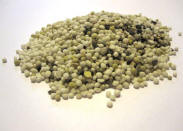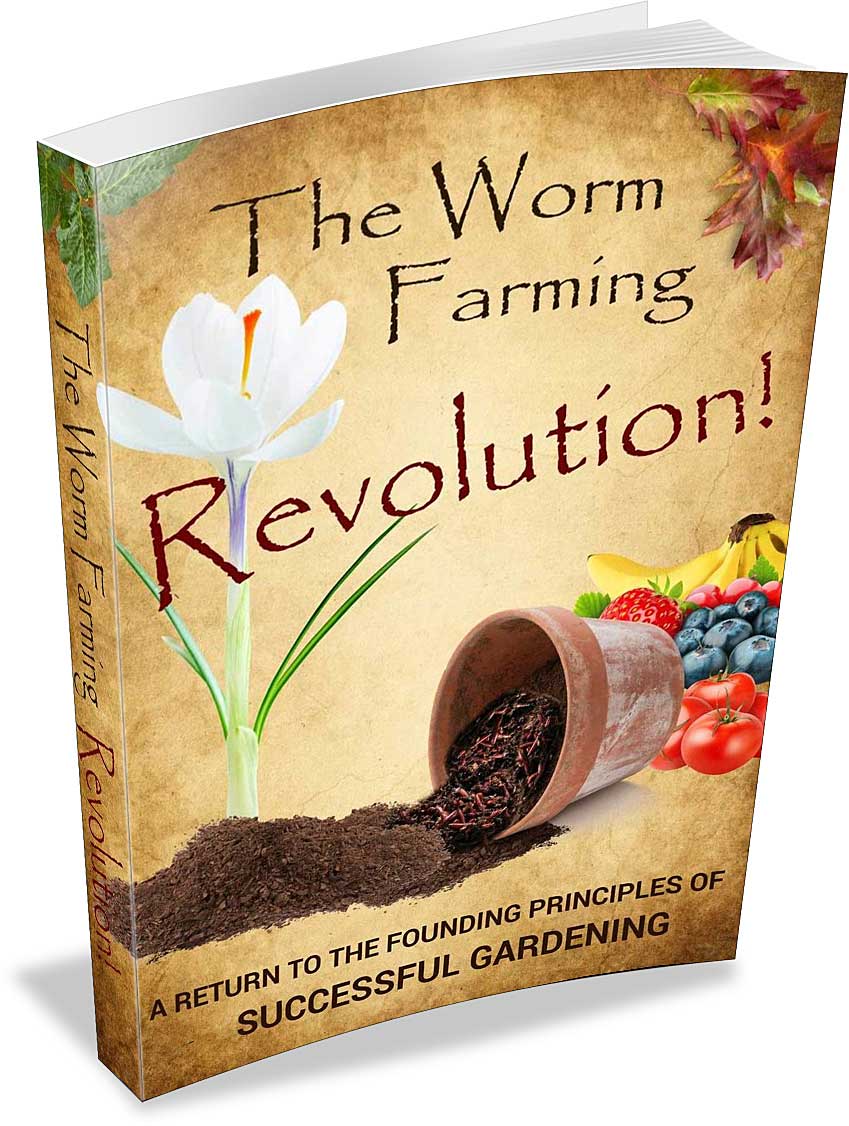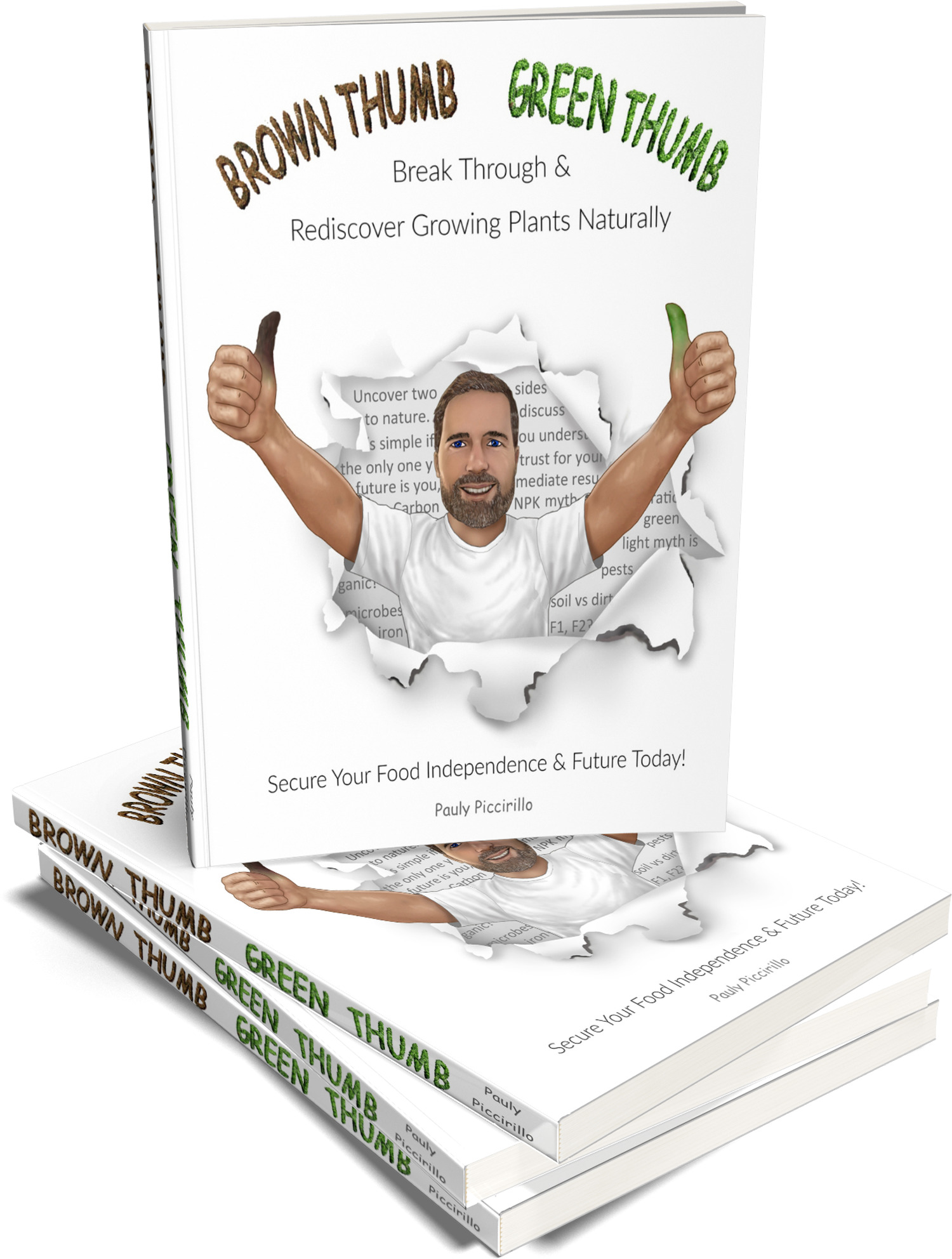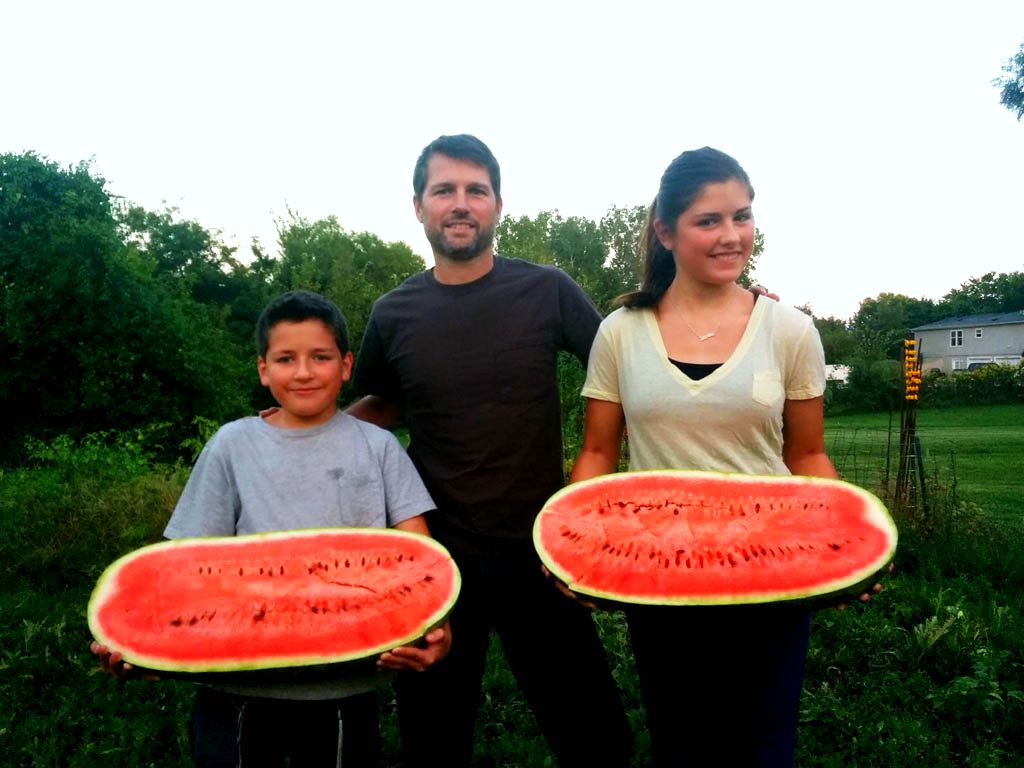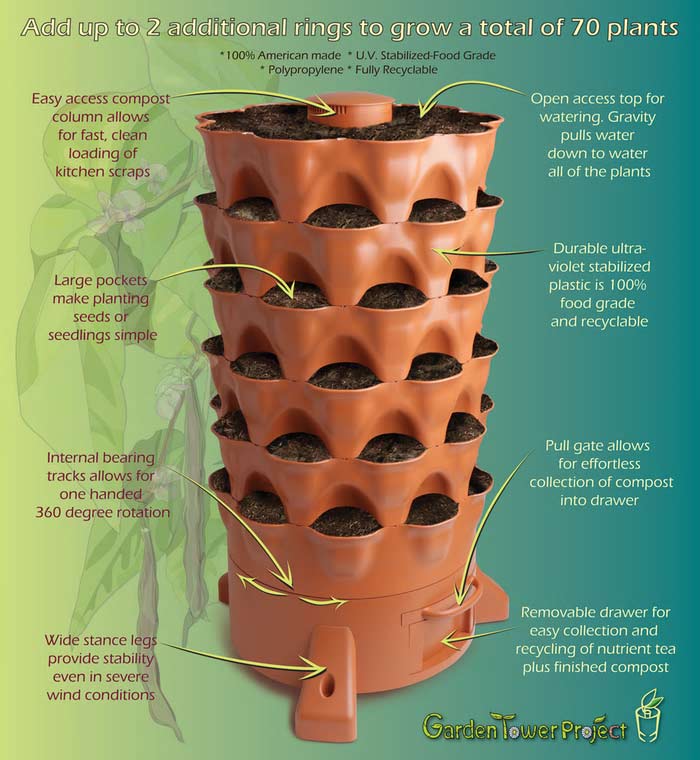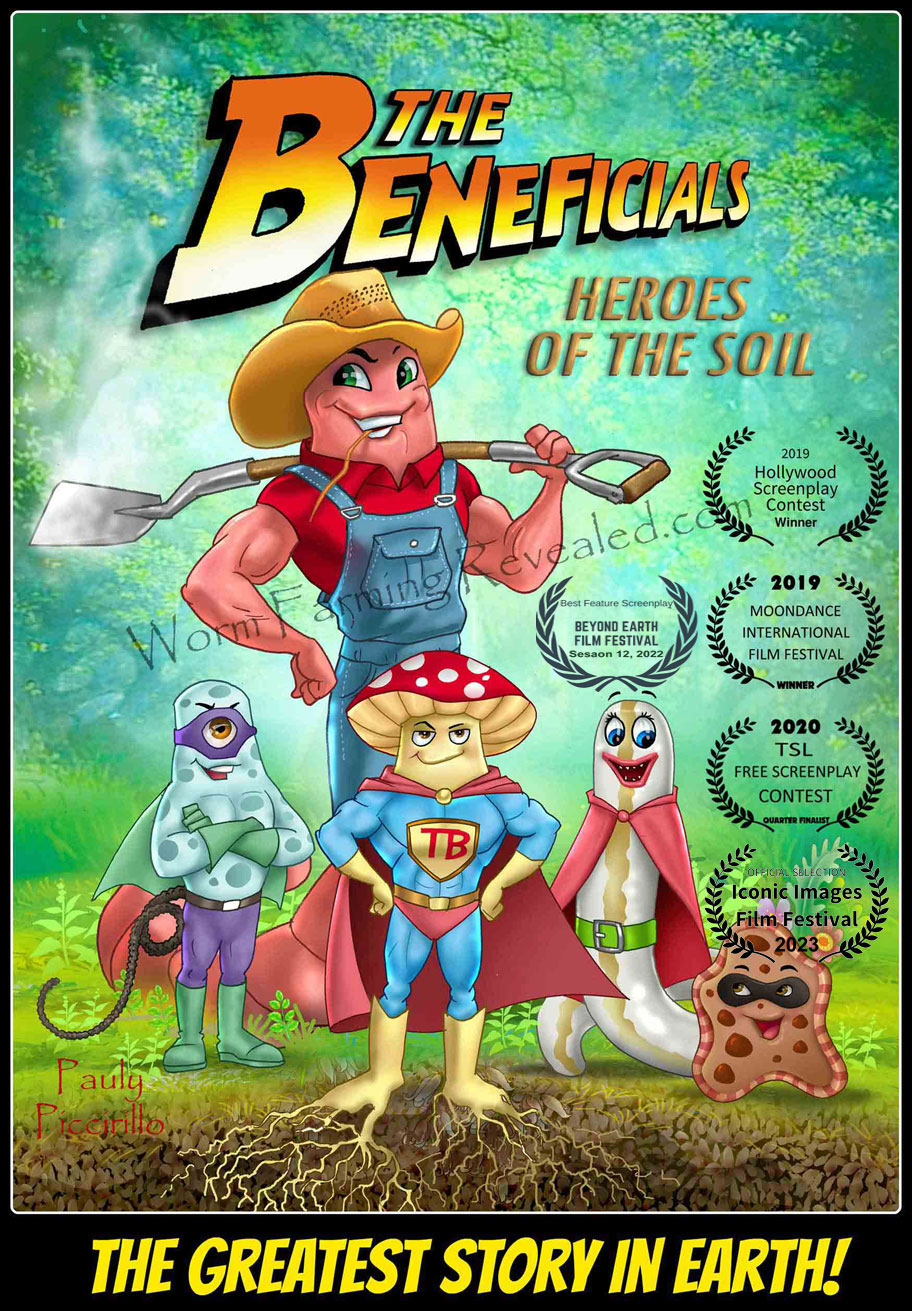Pros and Cons of Chemical Fertilizers
Back to TOC
Chemical fertilizers have dominated the agricultural industry because they work fast, are easy to apply and manufacture. I also believe it's another way to get rid of excess byproducts produced by petroleum and chemical companies.
Instead of disposing of it properly and safely. It's fed to us almost directly. A bit Scary Huh? But I digress.
Today's society is very fast paced. We want our food fast. We want our mail fast. We want information fast. The boss wants our projects finished fast. We even want our plants and lawns to grow fast.
Due to the recent chemical shortage, please read my update.
Update to Chemical Fertilizers for March 2022.
Where do We go From Here?
But is there a price to pay for all of this implemented technology?
Yes! Consider this...
You received your fast food, but it has little to no nutritional value. You received your mail fast, but it was damaged. You finished the project right away, but not right. Your lawn and garden is the talk of the town, but beauty is only skin deep. It's high demand and competition that has revolutionized the agricultural industry.
Let's go back, for a moment in time when grandma showed us how to pick ripe tomatoes, boil and peel off the skins, throw it in a pot and add that secret family ingredient.
While swimming in the pool all day, we worked up an appetite for spaghetti and Grandma's spaghetti was worth waiting for.
So, Why can't we go to the store and get those hard, pale orange tomatoes, use the same recipe, add her secret ingredient, and make it taste just the same?
Because Grandma and Grandpa knew that they could not steal from the land.
They knew that what you took must be given back. Today we are not giving back. We are literally stealing from the land. We are putting in synthetic compounds in place of organic substances.
Do chemical fertilizers work?
They never did for me. I like to grow several different types of plants in my garden and it got so confusing trying to get the NPK ratio just right for all of them.
I would head down to the garden center and look at all the different choices. You needed a special NPK ratio for tomatoes, greens, vegetables and fruits and then special ones for ornamental flowers. Oh! and then there's the tree, shrubs and lawn fertilizers.
I could have just bought one bag of all purpose fertilizer and that's exactly what I did and some of my other plants were lacking in nitrogen, potassium and phosphate and so I was pulling my hair out!
Some plants lacked in nutrition and others burned to death and the rain would wash some of the chemical fertilizers over to another area of the garden.
So I think a better question is, are chemical fertilizers the right choice?
Consider this the next time you decide to use them and it DOES work for you. The lawn is greener, but now there is growing concerns about what they are doing to us and our pets.
|
The produce in the stores are bigger and firmer but lacking the vitamins and minerals and taste they used to have over 30 years ago. The chemicals are degrading the soil. |
They kill beneficial microorganisms that help promote healthy plant life.
They leave high concentrations of toxic salts. The beef industries are producing cattle faster and beefier, but the herbicides and pesticides (not to mention the growth hormones) are also being ingested by us.
Chemicals cause plants to grow too quickly and faster than what their roots can keep up with. This leads to plant weakness, sick or diseased crops, and burned plants or root systems.
What's more? In order for most of these field crops to grow properly from the use of these harsh chemicals is to genetically modify the plants and seeds.
Today we must go back to simple and proven ways of gardening. Back to the ways of our heritage. We must rethink, reeducate, and reclaim the land that we have been given to be good stewards of.
In a nutshell, synthetic fertilizers are a short-term solution and a long-term problem.
The past few years have been very difficult. It's why I've written one of the most difficult, important, and educational articles in a very long time. If you haven't read it yet, please do.
The History of Chemical Fertilizers
Where do we go from here?
DID YOU KNOW?
In just one teaspoon of "dirt", only a pinch is actually "soil". What's the other 90%?... MICROBES! Dead, Alive, or Dormant. This depends on what soil or dirt is.
Go to pg 8 Worm Tea Next
OR
Return From Pros/Cons of Chemical Fertilizers to Beginning TOC
